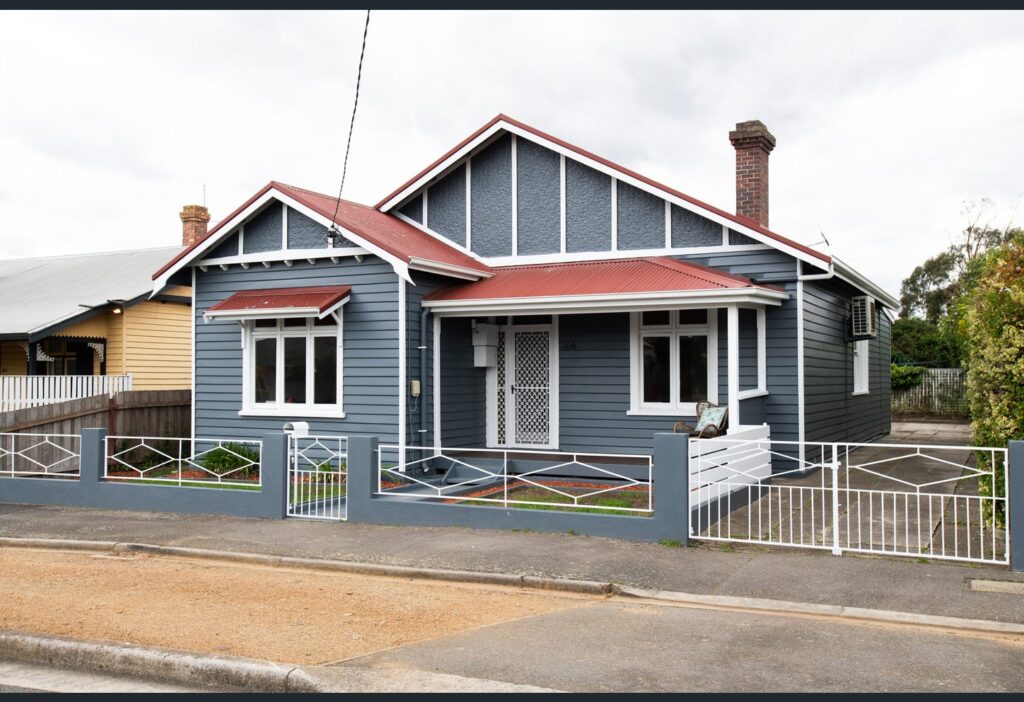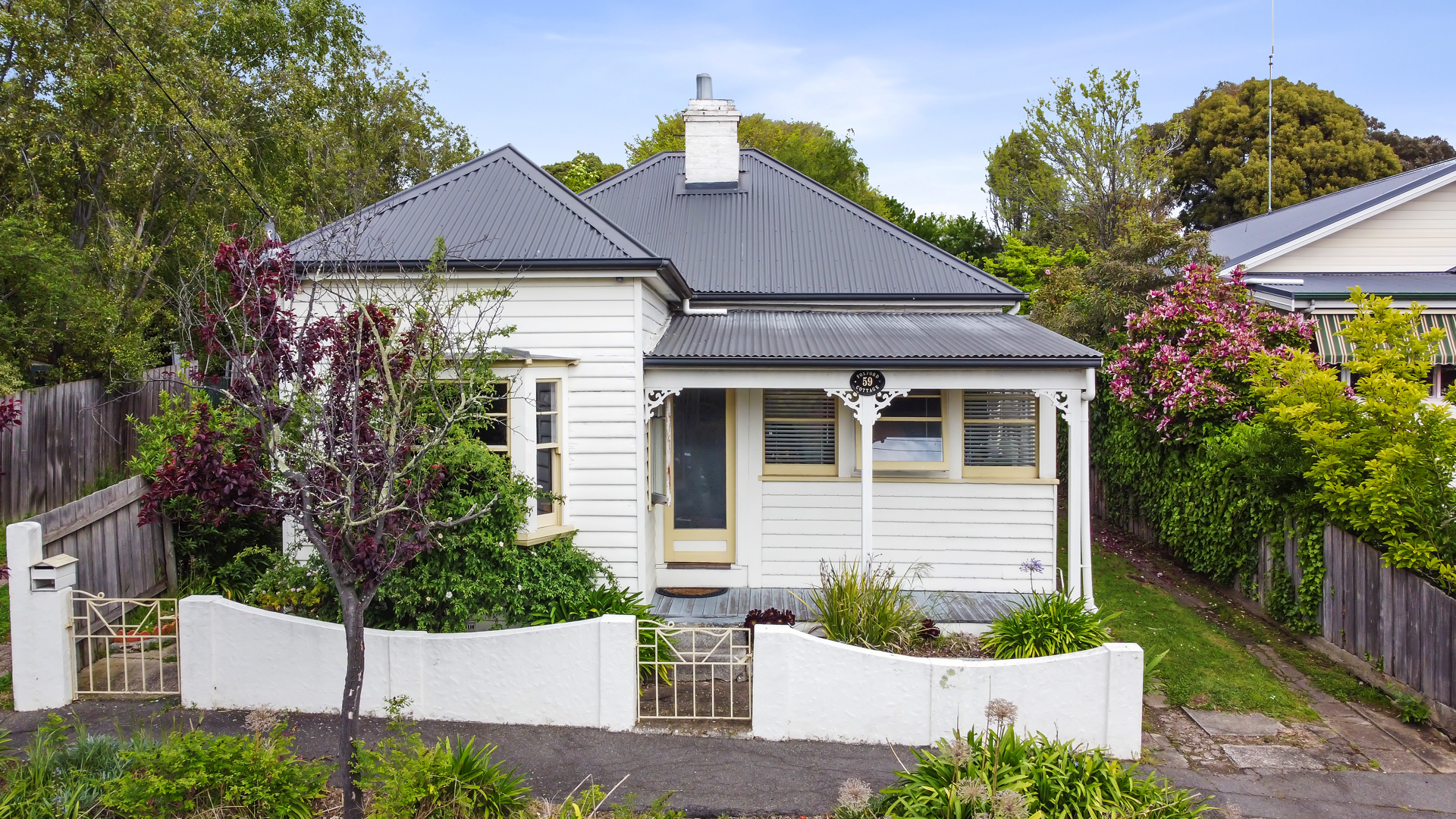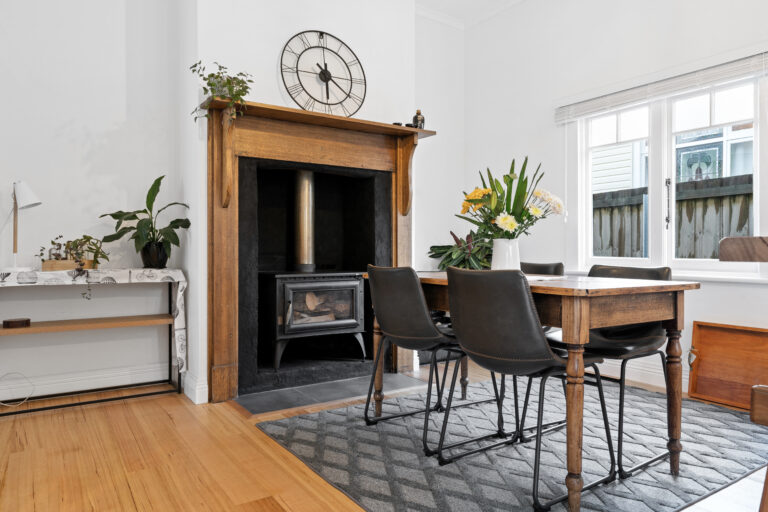5 Ways to Find Problems in a Property (Before you Buy)
When you find a great property, it can be easy to look past or not notice problems until you’ve bought it and the keys are…

When you find a great property, it can be easy to look past or not notice problems until you’ve bought it and the keys are all yours. At this point, any hidden issues are your expense and problem. So, it is beneficial to find problems in a property before you enter into a contract – and we’re here to help show you how!
While most sellers do the right thing, it’s important to carefully examine a property to identify any issues before you buy it. When you’re proactive at the inspection stage, you can have any required maintenance and repairs written into the contract or use any problems identified to negotiate a better sale price. Keep reading to learn how to find problems in a property before you buy it.
Check for water damage
It can be easy to conceal water damage with a fresh coat of paint, strategically placed furniture, or a scented candle to cover the smell of mould. However, a building inspector knows the areas of a property to check to identify water damage. They’ll check underneath and outside the home and look at the foundations too. By engaging a building inspector, you can rest assured you have not purchased a property with water damage.
Inspect the roof
You don’t know the true condition of the roof in a property unless someone gets access to the roof cavity for a proper inspection. Homeowners often carry out do-it-yourself or temporary repairs that cover up a problem. It’s important to have a building inspector take a thorough look at the roof when they go through the property.
Look for structural cracks and flooring problems
Structural cracks are common, and they can be costly. As these are also another problem that’s easy to hide with some paint and filler, a building inspector can help you identify any foundation movement. If there are already structural cracks, the inspector can determine the cost of repairs to help you with price negotiations.
Flooring problems such as cracks or creaky and uneven floors can be a sign of structural movement or a renovation that hasn’t been completed properly. This is another item that can be added to a building inspection.
Always have a building and pest inspection
A building and pest inspection is essential for every property purchase. You’ll want the inspector to check the property for termites, examine the home for any structural integrity issues, and identify any other potential problems. An experienced inspector will work through the list above and help you make sure things don’t go unnoticed.
Be wary of inspection times
The timing of property inspections is often no accident. Make note if the property is always open when traffic is light or when the property gets morning sun. You’ll also want to see the property in peak hour to check if traffic is noisy and in the afternoon hours just in case the home receives an unbearable amount of afternoon sun.
Buying a property with serious defects can be costly. Being proactive and carefully inspecting potential properties can help you identify problems early and save you money on the purchase or help you decide to move onto another property.
Read more:
What are the benefits of using a Buyer’s Agent?
The 4 Biggest Mistakes First-Time Investors Make
The top 3 Fears that Prevent Property Investors from Buying
Remember, this article does not constitute financial or legal advice. Please consult your professional financial and legal advisors before making any decisions for yourself.





